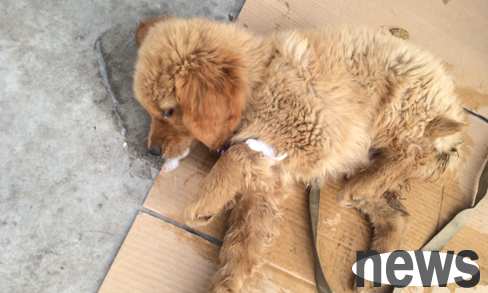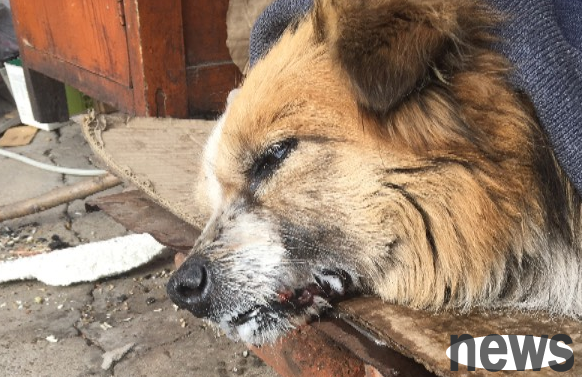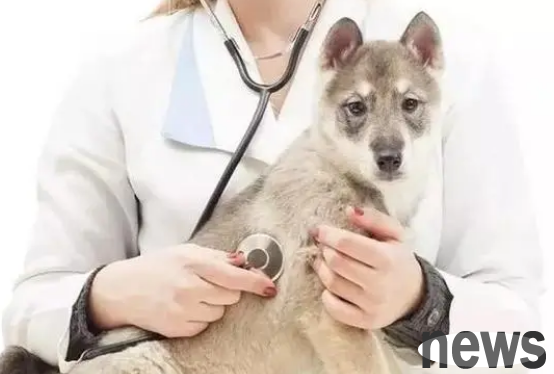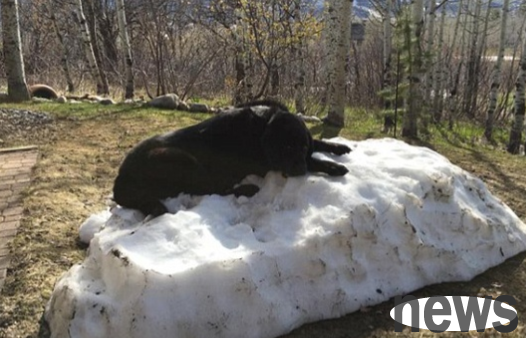If a dog convulses and foams at the mouth, it will be fine after a while. The owner should also pay attention to it.
After we raise puppies, we must spend time and energy to take care of them. Especially when they are sick or have some bad symptoms, we must find the cause in time and actively treat it. Dogs will get more diseases. Let’s first understand what causes dogs to convulse, foam, and then be fine after a while.
1. Calcium deficiency
If the dog usually eats a relatively simple diet, resulting in a lack of calcium in the body, poor bone development will cause convulsions. Especially pregnant dogs and lactating dogs are particularly prone to calcium loss, increased body temperature, convulsions and other phenomena. In this regard, owners need to supplement calcium preparations and vitamin D to their dogs in a timely manner. They can also take their dogs out to bask in the sun more often, which will help promote the absorption of calcium.

2. Chronic poisoning
If a dog eats toxic substances, such as rat poison, onions, chocolate, etc., because the dose is not large, the dog will have brief convulsions and vomiting as it is slowly absorbed in the body. If this is the case, it is recommended that the owner take the dog to the pet hospital for examination and treatment in time, otherwise chronic poisoning will cause a little damage to the dog's liver and kidneys. Only when the liver and kidneys have a certain degree of damage can it be detected by the machine.

3. Epilepsy
If the dog suffers from neurological diseases such as epilepsy, it will also have irregular convulsions and vomiting with foam, and each convulsion lasts from 5 minutes to half an hour. Because epilepsy in dogs can only be suppressed and not cured by medication, owners need to take their dogs to the pet hospital for examination. If epilepsy is confirmed, they need to purchase pet-specific anti-epileptic drugs for treatment. At the same time, do not suddenly frighten the dog, and keep the dog's living environment quiet.
4. Canine distemper
If the dog is young, has not been vaccinated successfully, and appears to be convulsing and foaming at the mouth, it may be that the dog is infected with canine distemper and has neurological symptoms. This is a late-stage canine distemper symptom and must be sent to the pet hospital for treatment in time, otherwise it will seriously threaten the dog’s life.













